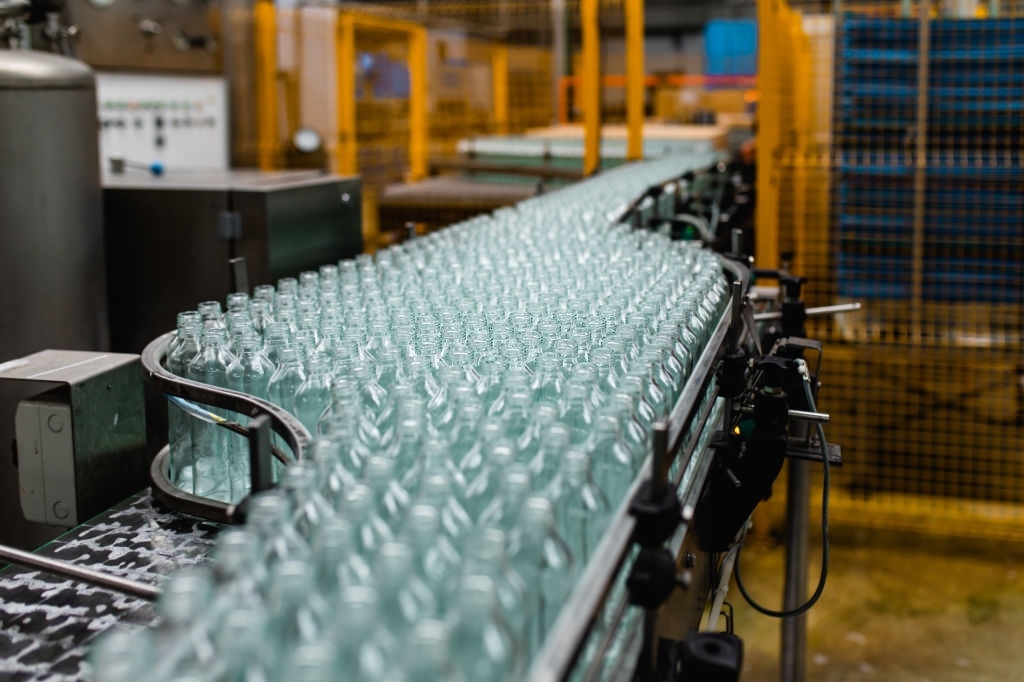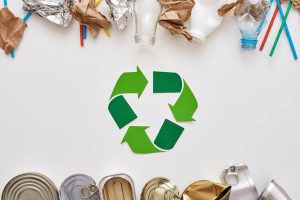
Packaging has been used and developed since time immemorial. Over the years, we have seen different materials (including plastic bags and stretch films) being used to package food items. While these materials have their positives and negatives, what does the future hold for food packaging?
Well, sustainability seems to be the future of food packaging. This trend is the result of years of growing influences from a variety of sources. Driving down memory lane, you will discover that the whole concept of food packaging came about even before canteens and restaurants, when people started storing food items and storing foodstuffs more frequently.
As the demand for the global food trade grew, trends in food packaging began to grow too. Although food packaging has always been instrumental in the prevention and reduction of food waste, however, food packaging materials still haven’t satisfied our changing needs, especially when it comes to sustainability.
The state of food packaging at present
Plastic has become the order of the day when it comes to the number one choice for food packaging. Today, there are more plastics on retail shelves than anywhere else. If you have been to the grocery store before, you will notice that over 91% of packaging materials are made from plastics while the other 9% comprise both metals and papers.
This comes as no surprise as plastic packaging has been used for hundreds of years. Why? Plastics can easily be transformed into any shape and can be used to hold just anything, from seafood to ice-creams. This is a great attribute because plastic packaging enables items to be preserved for longer. However, the fact that the vast majority of food items that are packaged with plastic materials (including plastic bags and stretch films) are single-use products makes it a problem.
To a savvy entrepreneur, using plastic packaging is cheap and great for saving money, but to a biologist and environmentalist, the convenience of disposable plastics raises a few issues. For one, millions of plastic bags are disposed of every day. And where do they end up? In the ocean, causing environmental hazards.
The need for sustainable packaging
The average consumer is aware that plastics are not environmentally friendly but their ecological impact is worse than you can ever imagine. It takes 450 years for one plastic bottle to decompose; now multiply that by the millions of bottles that we dump every day.
As an environmental issue, plastic pollution should become everybody’s fight. Thankfully, people are becoming more and more aware all over the world. This means that the general populace is beginning to push towards SUSTAINABILITY.
Why does the industry need to improve sustainability?
- Sustainable packaging will help reduce environmental impact.
- Introducing more sustainable food packaging options will appeal more to customers.
Approaches to improving sustainability
Companies and manufacturers are already assessing different measures to improve the sustainability of their packaging with the goal of reducing the amount of plastic waste. Thong Guan Industries Berhad, for instance, has adopted the 3R strategy, which are:
- Reduce
- Reuse
- Recycle
Final Thoughts: Food packaging in a changing world
Taking a strong environmental stance is the way forward towards SUSTAINABILITY. Fortunately, the food packaging industry’s turn towards sustainability is been embraced by the world’s major packaging manufacturers.
If the movement maintains the current pace, in the coming years, single-use plastic packaging may be greatly eliminated. Governments, already sensing the harmful effects of plastics, are introducing stricter regulations for the food packaging industry.
Check it out for yourself; visit different grocery stores. You will find more biodegradable and recycled packaging than new plastics.
Thong Guan is advocating bio-friendly products to add value to a more sustainable world. Our unique bioplastics made from renewable resource like sweet potato has earned the U.S. Department of Agriculture (USDA) Certified Biobased Product label.
As the world is evolving, the food packaging industry is also changing and we must also change too.
The need for SUSTAINABILITY should be embraced by both manufacturers and consumers if we are to change our environment for the better.






No comment yet, add your voice below!